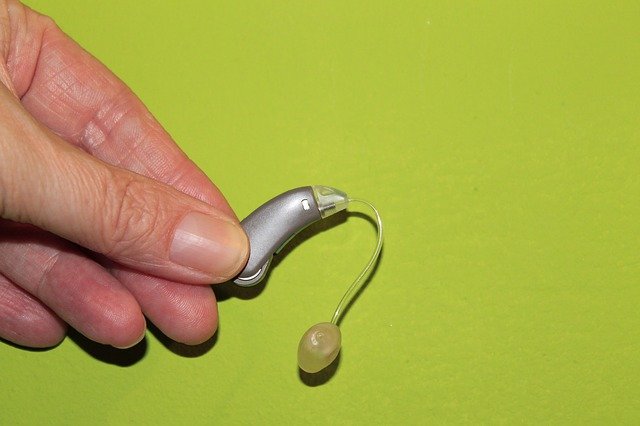How to choose the right hearing aid
Your hearing is one of your most important senses. If you’re new to hearing aids and have been recommended to wear them to help with your hearing, here’s what you should consider first.
How do they work?
Hearing aids carry sounds from your surrounding environment into your ear and amplify them so that you can hear. They each use the same basic parts, with most modern-day hearing aids being digital and often powered by a tiny hearing aid battery, which can be replaced or recharged.
Tiny microphones pick up the surrounding sounds and a chip with an amplifier converts this into digital code. The hearing aid then analyses the sound and adjusts it to the right levels based on your hearing loss. You can also turn your hearing aids up if you need to, or down if they are too loud.
Styles of hearing aid
The price of your hearing aids can vary depending on any special features they may have, or how they sit in your ear.
If you want a subtle, small hearing aid you can get a CIC (completely in the canal) hearing aid which is moulded to fit exactly in your ear canal. These types are best for mild to moderate hearing loss. You can also get an ITC (in the canal) hearing aid that will be custom moulded to your ear and treat similar levels of hearing loss.
An ITE (in the ear) hearing aid can be made in two styles – one that fills most of your outer ear and one that only fills the lower part of it. These help with mild to sever hearing loss and can be made with directional microphones to aid the hearing. This is more visible than the previous two types, however.
A BTE (behind the ear) hearing aid will hook over the top of your ear and rest behind it with a tube connecting the hearing aid to a small earpiece that fits inside your ear canal. This type is most suitable for all ages and most types of hearing loss, but it’s a larger hearing aid than the rest.
Think about this before you buy
Before you buy your set of hearing aids, remember to see your doctor to rule out any other problems that could be causing your hearing loss and ways of correcting it, as it could be a result of an earwax clog or infection.
If your doctor doesn’t deal specifically with audiology, request a referral and have your hearing thoroughly assessed.
Ask about having a trial period with your hearing aids before you buy, as they could become a problem down the line if the shape and functionalities don’t suit you. Find out what warranty your hearing aids come with as with them being such a tiny device they can sometimes get broken easily and might require a fiddly repair. Also, don’t forget about your future needs and whether these hearing aids will be able to cope with further hearing loss as you get older.

